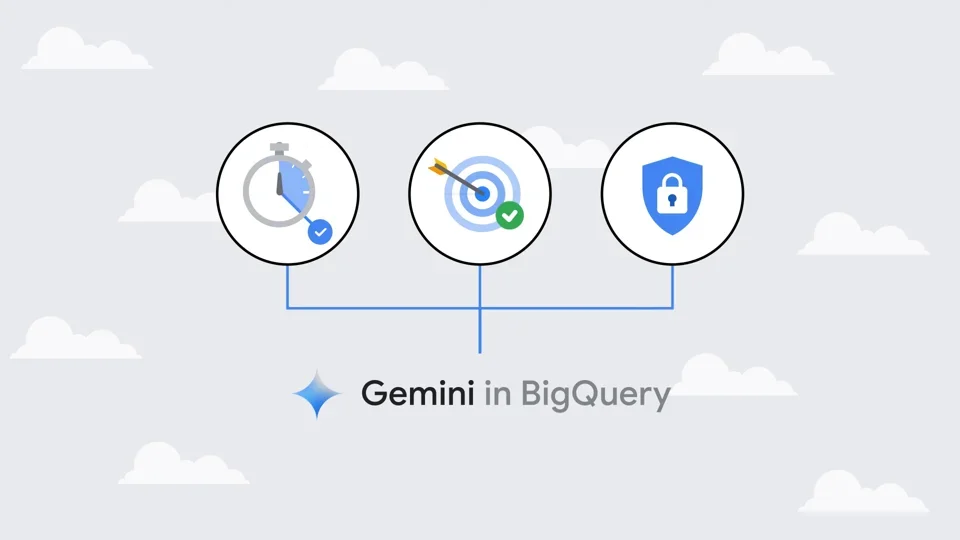Google Search Relations team members, John Mueller and Lizzi Sassman, discussed strategies for dealing with content decay on websites in a recent episode of the Search Off The Record podcast.
Google recommends not immediately deleting outdated content as it could confuse readers. Instead, they suggest using transitional pages or explainer pages during deprecation periods to guide readers from outdated content to updated resources.
For reference guides and authoritative overviews, Google suggests updating the information to maintain accuracy and relevance. However, for archival purposes, major updates may warrant creating a new piece instead of editing the original.
Google advises removing pages where the outdated information is potentially harmful. An example given was the "How to Structure Data" documentation page, which was deleted and redirected to the changelog entry.
To keep content current, Google advises implementing a system for auditing aging content and flagging it for review. Automated alerts for pages that haven’t been checked in set periods are recommended.
Google’s tips for dealing with content decay center around understanding the context of outdated materials. Tactics include prominent banners or notices clarifying a page’s dated nature, listing original publish dates, and providing inline annotations explaining how older references or screenshots may be obsolete.
Following these recommendations can lead to improved user experience, maintained trust and credibility, better SEO, archival purposes, and streamlined content management.











